Does Acne Ever Go Away?
By Abby Vinas
Causes of Acne
•
3 Comments

Some people have moderate acne, others get severe acne, and a lucky few get no acne at all.
No matter whether you have a little or a lot of acne breakouts, you might notice that they come and go in waves. According to the FDA about 80 percent of people between the ages of 11 and 30 have outbreaks of the skin disorder at some point, but for some, acne persists into their 40s and 50s.
Why is that? It may seem that some invisible force of nature is cursing you with unforeseen acne breakouts, but there’s science behind the madness. Below we unlock the secret to why and when acne comes and goes so you can get a better idea of how you can better protect your skin.
Clearer skin in as little as two weeks.
This 3-step routine combines the most effective (clinically-proven) acne fighting ingredients with powerful plant intelligence to leave your skin nourished, refreshed, and clear.
Try SomePuberty
For many, puberty is the starting point at which breakouts start to form. It’s the time when the flood gates open and dizzying amount of hormones flood the body.
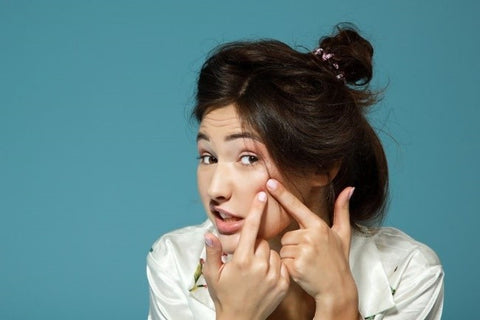
During this time, our bodies transform rapidly as we grow from little children to fully grown adults. Still, it’s a wonder how some people never get acne, others have acne that fades over time, and some suffer from consistent inflammation and breakouts. Hormones are just one of the reasons why this can happen.
Hormones
In men and women alike, acne is principally caused by hormones. When we reach puberty, sex hormones--including estrogen and androgen--help our bodies to reach sexual maturity. But it’s not just our outsides that change. Hormones are responsible for the development of organs and systems throughout our whole bodies, and it can take a toll on our skin.
When you’re a teenager with acne, the culprit is probably androgens. Also called the “male sex hormone,” boys develop the highest androgen levels in the testes to help the development of male sex organs and other adult male characteristics. But don’t let the nickname fool you. Despite being called the “male sex hormone,” it’s also present in women. Women typically produce a small amount of androgens in their ovaries as well, which helps contribute to characteristics like sex drive.
Because men and women produce a different amount of androgens, the effects will be different--including those on the skin. The Office on Women's Health advises high androgen levels increase sebum production. Sebum is a naturally occurring substance that keeps the skin hydrated and prevents dryness and irritation. Sebum is a good thing, but too much sebum can be a problem.
Boys and girls can suffer from acne in their teens, but boys tend to have a different reaction as they get older. As men’s hormones balance out at adulthood, their acne tends to diminish. Women however are more likely to suffer from acne throughout their lives. This is because women’s hormones fluctuate monthly along with their cycle. At any time, a woman’s hormones can imbalance androgen production, which will increase the likelihood of breakouts during their time of the month. During the process, acne usually breaks out around the chin. The good news? It usually disappears within days.
What have we learned so far?
Hormones called androgens are the principal cause of acne. Men’s androgen levels typically stabilize after they mature into adulthood, and women’s levels generally fluctuate throughout their menstrual cycle. As a result, women commonly have acne more often than men throughout their lives.
Don’t Forget Genetics
Your susceptibility to acne is largely genetic. Genetics pull at the strings of hormone production, resistance to bacteria, allergies, and other environmental factors that cause acne. If you have a parent or sibling with acne, you’re likely to suffer from it too. It may come and go like that of your family.
Other Reasons Your Acne May Go Away
If your doctor tested you for hormone imbalance and they gave you a clean bill of health, it’s possible your acne comes and goes for another reason. Pinpointing why exactly your acne goes away is difficult, but paying attention to other environmental factors may explain it.
You Might Have Allergies
Take notice of when your breakouts develop. Do they occur when the weather changes, when you eat certain foods, or after you wash your clothes? You could have a skin allergy related to your daily routine. Some people react to pollen with acne, and even the most minor food allergy can show up on your skin. If nothing else works, visit a doctor who can take an allergy test to determine if this is your problem.
You Switched Medications
There are many medications that create breakouts. Not everyone suffers from the same side effects, but if your medications indicate acne as a side effect, contact your doctor right away. Any medication that influences your hormones can make acne come and go. A common medication that can cause acne is birth control. Don’t stop taking your medication until you see a doctor.
You Changed Your Diet
The nutrients and chemicals in your food influences your skin. If you just went through an intense weekend of eating cheeseburgers and pizza, take a look at your skin a day or two later to see if you start breaking out. Foods with artificial sugars and added hormones will increase sebum production and susceptibility to bacteria. Clean up your diet with antioxidant-rich foods and lean proteins and your acne might go away.
You Adjusted Your Fitness Routine
Have an acne problem? Get active. A good workout increases circulation and brings nutrients to the skin while ridding it of cellular debris. If you have a good diet but you’re still suffering from acne, a standard fitness routine will do the trick. Make sure that you wash your gym clothes as soon as you can to avoid clogging your pores.
You Washed Your Clothes
Do your laundry early and often. Stewing in your own sweaty clothes will only make acne worse. Notice: does your acne go away when you clean your clothes or your sheets? That might be the answer to your problem. If not, try using a hypoallergenic laundry detergent that works best for sensitive skin.
You’re Stress-Free
Don’t stress--your skin will thank you for it! Stress reduces insulin resistance and causes fatigue. WebMD lists exercise as a top factor to alleviate stress and reduce acne. When you alleviate stress with a manageable daily routine, good sleep, and healthy habits, you’ll reduce stress and possibly alleviate your acne symptoms.
Acne can come and go for a variety of reasons. Consider a lifestyle change or consult a doctor about your hormones. Don’t let emotional stress get the better of you—try any of these methods to see if your acne goes away.

Abby Vinas
Abby Vinas has long been an active member of the holistic health community, advocating in favor of its benefits to both our physical and emotional well-being. Her commitment to leading a healthy lifestyle has made her an authority on self-care practices. Abby is passionate about fitness, nutrition, and proper skincare, and is also an avid lover of avocado toast and dog-petting.
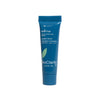
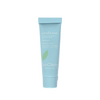
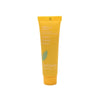
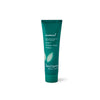









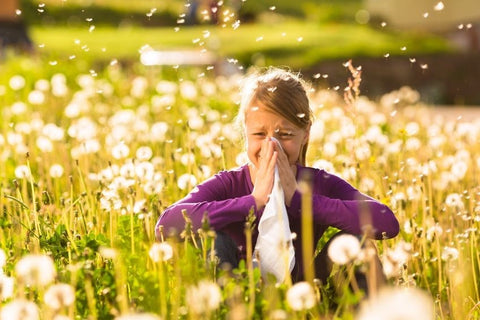

Hi I suffer from acne and I don’t know what to do i bought a lot of products to treat it but it’s not working please help me and give me a lot of tips thank you
This is the best way for people that have ance